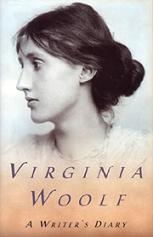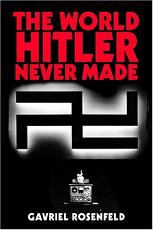
A Writer’s Diary
Virginia Woolf
350 pages including index
published in 1953
A Writer’s Diary is an extract of her personal diaries put together by her husband and widower Leonard Woolf a decade or so after her death. It’s been edited to keep out the more personal entries as well as to slim down the original twentysix handwritten volumes to a more managable size. What remains is a volume of entries detailing Virginia Woolf’s writing process, enlivened by sprinklings of literary gossip and the occasional entry talking about the general state of the world. The diary starts in 1918 and ends in march of 1941, not long before her death. Although the only other Virginia Woolf book I’ve read was A Room of One’s Own some four years ago, this didn’t really matter; you don’t need to know her other work to find meaning in this, nor is it spoiled by reading about the process by which it was created first.
Virginia Woolf was not the happiest of writers. Throughout her life she suffered from nervous breakdowns, as also seen in her diary, and she ultimately ended her life by drowning herself after she felt “the madness” returning. She also suffered from extreme mood swings, which is clearly visible reading through A Writer’s Diary, where one day she would write with pleasure how well the writing on a given book went, the next day despairing about the critical reception she expected for the same book. In some of the entries talking about social events you can also see that while she enjoy being social, these sort of things took a lot of energy out of her. As somebody relatively introvert myself, I can sympathise.
